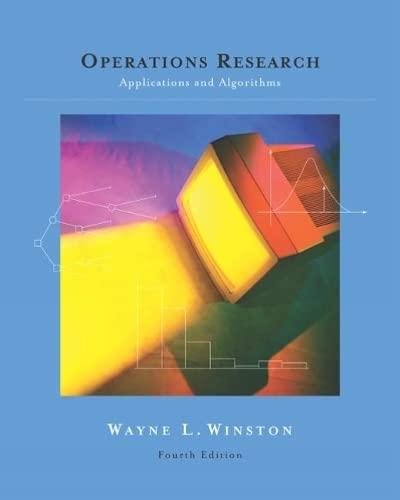Answered step by step
Verified Expert Solution
Question
1 Approved Answer
LUNCH TIME! Background Joseph worked for Niagara Frontier Transportation Authority in a construction job. On September 1 , 1 9 8 4 , he became
LUNCH TIME!
Background
Joseph worked for Niagara Frontier Transportation Authority in a construction job. On September he became aware of the fact that his pay checks might have been computed incorrectly. The company had not been paying employees for lunch breaks, which it was required to do On September Joseph decided to file a
written grievance against the company. Karl Quintana and James Allen, representatives from the union, filed the grievance for Joseph. The grievance was denied and appealed on September It was again denied on November Despite the requirement for an employee who was a member of the bargaining unit to originate a grievance not being met, the company did not choose to use this as grounds for denial. Instead, the timeliness factor became the focal point. Article Sections and of the Collective Bargaining Agreement stated that the aggrieved employee must expedite the grievance procedure. Limitations for filing a grievance were days.
The Company's Position
Niagara Frontier contends that the language of the Collective Bargaining Agreement specifies a potential filing period of days from the occurrence of a grievable incident. Without such an established time frame, the company could be held infinitely accountable for all actions. The company had made no attempt to disguise the facts of the situation from Joseph, and thus had no reason to assume he was unaware of the situation. Additionally, Niagara had corrected the grievable event by September when it began paying overtime for lunch.
Joseph's Position
Both Joseph and the union representatives feel that the company's interpretation of the language in the Collective Bargaining Agreement is incorrect. They feel that an employee should have a day time span to file a grievance after the employee becomes aware that a grievable event had taken place. If accepted in this light, Joseph filed within the allowable time frame. Joseph also argues that the company received services of identical quality during the time before and after the grievance was filed. The services prior to September were at an improper rate, thus Niagara received a windfall benefit for the work performed by Joseph from April until September. Joseph filed this grievance for retroactive pay for this period.
LUNCH TIME!
Which interpretation should be accepted the company's or Joseph's? Why?
Does Joseph deserve the retroactive pay, despite the time limitations
How would you find in this case. Explain.
Step by Step Solution
There are 3 Steps involved in it
Step: 1

Get Instant Access to Expert-Tailored Solutions
See step-by-step solutions with expert insights and AI powered tools for academic success
Step: 2

Step: 3

Ace Your Homework with AI
Get the answers you need in no time with our AI-driven, step-by-step assistance
Get Started


